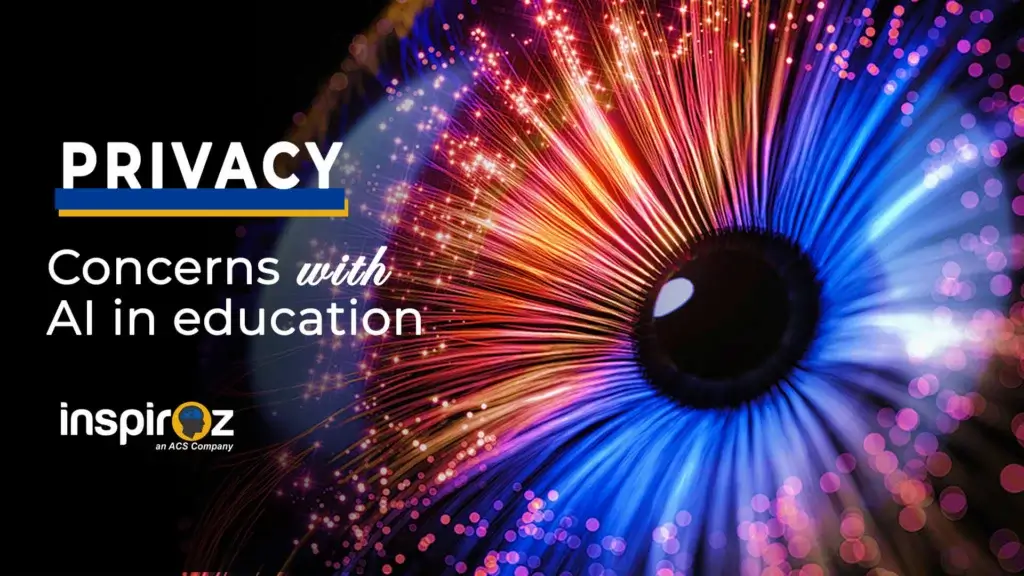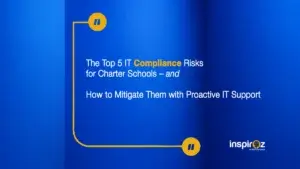The classroom is on the cusp of a revolution.
Artificial intelligence (AI) is poised to transform education, personalizing learning experiences, identifying student strengths and weaknesses, and tailoring instruction accordingly.
This future holds immense potential, offering a dynamic and targeted approach to education.
However, alongside the excitement lies a crucial question: how can we ensure this progress doesn’t come at the expense of student privacy?
The Power of Personalized Learning
Imagine a classroom where the curriculum adapts to each student’s needs. AI-powered tutors can analyze a student’s performance, learning style, and progress to create a personalized learning path.
Struggling with math? The AI can identify specific areas of difficulty and recommend targeted exercises.
Gifted in science? The program can offer advanced material, fostering a deeper understanding.
This level of individualization can revolutionize education, ensuring every student reaches their full potential.
Dr. Alice Moore, a leading researcher in AI-powered education, states,
'AI has the potential to bridge the achievement gap by providing tailored support to students who may have previously fallen behind. This could lead to a more equitable and effective learning environment for all.'
Privacy Concerns: Walking a Tightrope
The personalization offered by AI hinges on student data. From academic performance to browsing habits, AI systems collect a vast amount of information.
This raises concerns:
| Concern | Description |
| Data Security | A data breach could expose sensitive student information, impacting future opportunities or even leading to identity theft. Stringent security measures are paramount. |
| Algorithmic Bias | AI systems trained on biased data can perpetuate inequalities. An AI program that favors certain writing styles could disadvantage students from diverse backgrounds. Constant monitoring and adjustments are crucial to ensure fairness. |
| Student Profiling | Schools must be transparent about how student data is used. Creating a comprehensive profile of a student’s strengths and weaknesses can be beneficial, but it can also lead to stereotyping and limit their future academic options. |
Dr. Michael Thompson, a renowned education expert, emphasizes,
'The key to responsible AI use in education is transparency and control. Students and their families must understand how their data is used and have the right to opt-out of certain programs if they choose.'
Striking a Balance: Opportunities and Solutions
The potential benefits of AI in education are undeniable. However, it’s vital to address privacy concerns before widespread adoption. Here are some solutions:
| Solution | Description |
| Data Minimization | Schools and educational technology companies should collect only the data necessary for AI to function effectively. |
| Clear Communication and Consent | Students and families should be informed about data collection practices and have the right to opt-out or withdraw their data. |
| Regular Audits and Reviews | AI algorithms should be regularly audited for bias and fairness. |
| Data Security Measures | Schools must invest in robust security infrastructure to protect student data. |
The Future of AI in Education
By prioritizing student privacy, we can unlock the full potential of AI in education. Imagine a future where AI acts as a supportive guide, empowering students to learn and thrive.
This future demands collaboration between educators, technology developers, and policymakers. By working together, we can ensure that AI becomes a force for good in the classroom, fostering a learning environment that is both personalized and secure.
Professor Sarah Jones, a pioneer in educational technology, concludes,
'AI should not be seen as a replacement for teachers, but rather as a powerful tool to enhance their capabilities. When we prioritize privacy and ethical considerations, AI can become a transformative force in education, empowering both teachers and students on their educational journeys.'
The use of AI in education is an exciting prospect, one that holds the potential to revolutionize the way we learn. By acknowledging and addressing privacy concerns, we can pave the way for a future where AI unlocks the potential within every student, creating a truly personalized and equitable learning experience for all.







